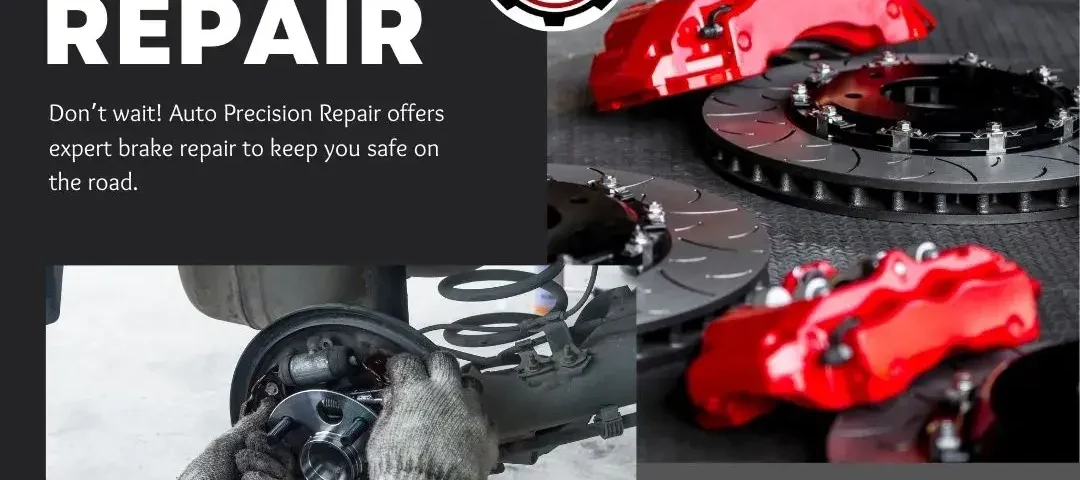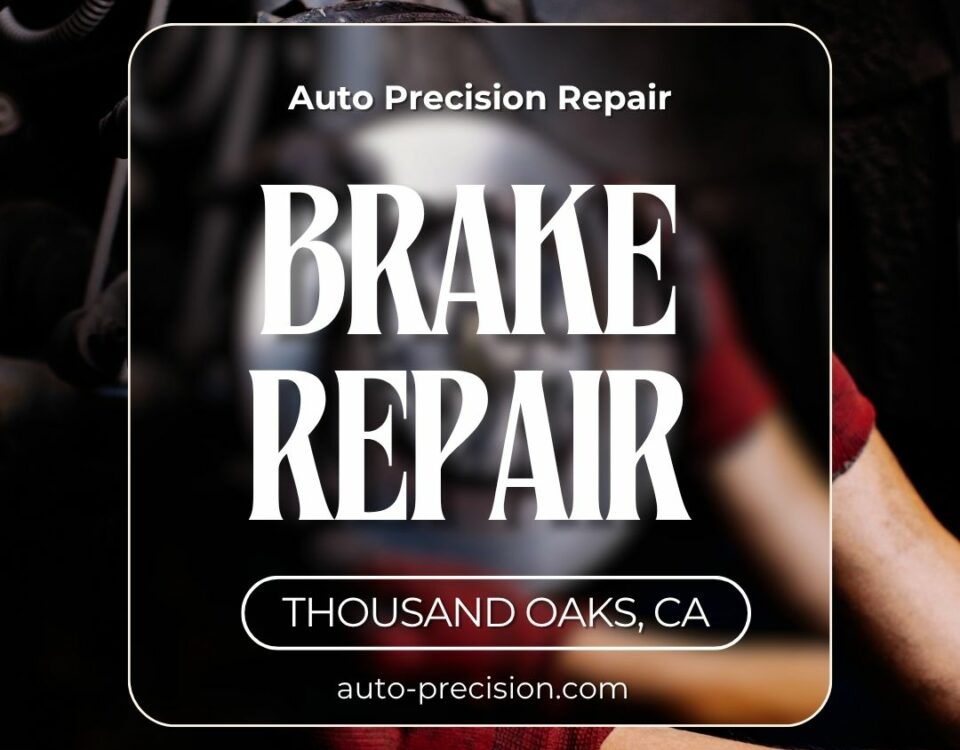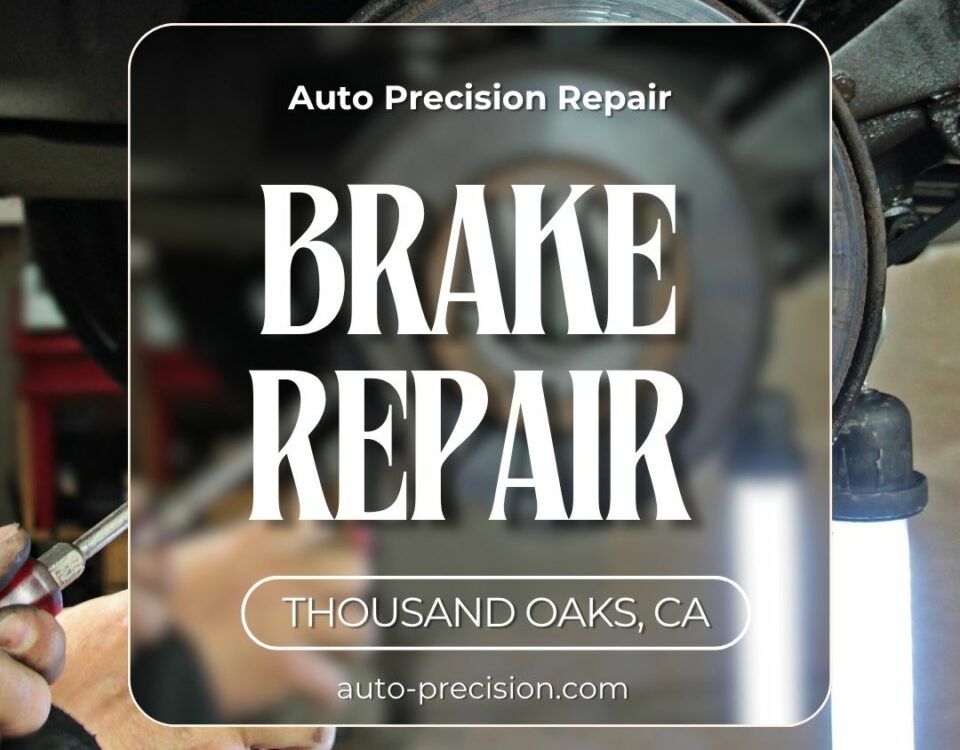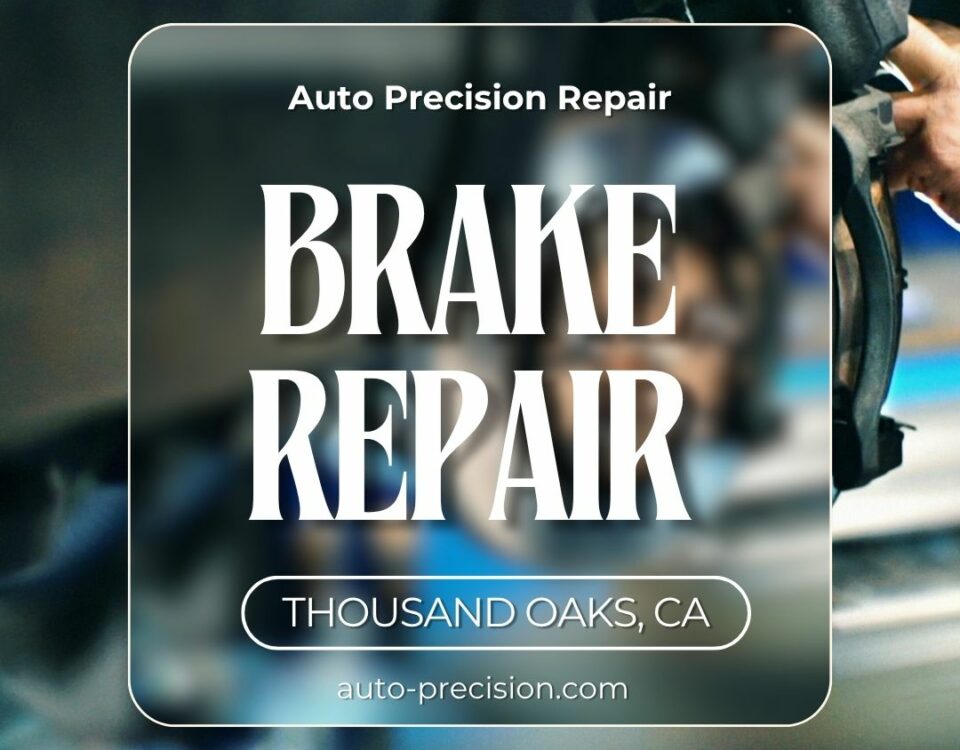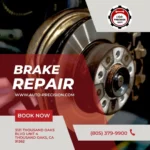
Why Regular Brake Repair Matters for Safety and Performance
February 20, 2025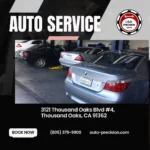
Understanding Specialized Auto Service for Luxury Vehicles
March 19, 2025Your vehicle’s brake system is one of the most critical components for ensuring safety on the road. A properly functioning brake system allows you to stop efficiently, preventing accidents and ensuring smooth driving. However, like any other mechanical system, brakes can develop issues over time due to wear and tear. Some brake problems can be minor, but others require immediate professional repair to prevent safety hazards and costly damage. According to the National Highway Traffic Safety Administration (NHTSA), brake-related failures contribute to approximately 22% of vehicle crashes caused by mechanical issues, underscoring the importance of timely repairs. Understanding these common brake issues and the importance of timely brake repair can help you take action early and keep your vehicle in top condition.
1. Worn-Out Brake Pads
Brake pads play a crucial role in slowing down your vehicle by creating friction against the rotors. Over time, brake pads wear down and need to be replaced. If you hear a squeaking or grinding noise when braking, it’s a clear sign that your brake pads are worn out and require immediate replacement. Ignoring this issue can lead to rotor damage, increasing repair costs significantly.
2. Leaking Brake Fluid
Brake fluid is essential for transferring force from the brake pedal to the braking components. A leak in the brake fluid system can cause a loss of hydraulic pressure, making it difficult to stop the vehicle efficiently. If you notice a puddle of clear or slightly brownish fluid under your car, have your brakes inspected immediately. Low brake fluid levels can lead to complete brake failure if not addressed in time.
3. Warped Rotors
Rotors are responsible for providing a smooth braking surface for the brake pads. Excessive heat from continuous braking or aggressive driving can cause rotors to warp, leading to vibrations or pulsations when applying the brakes. Warped rotors reduce braking efficiency and should be resurfaced or replaced by a professional mechanic. Drivers can detect warped rotors early by noticing pulsations or vibrations in the brake pedal, especially when slowing down from high speeds. Ignoring these symptoms can lead to further damage and decreased braking performance.
4. Spongy or Soft Brake Pedal
A brake pedal that feels spongy or sinks to the floor when pressed indicates a serious issue within the braking system. Possible causes include air trapped in the brake lines, a failing master cylinder, or brake fluid leaks. This problem significantly reduces braking performance and requires immediate professional repair.
5. ABS Warning Light
Most modern vehicles are equipped with an Anti-lock Braking System (ABS) that prevents wheel lockup during sudden stops, improving steering control on slippery surfaces and reducing the risk of skidding. ABS enhances braking efficiency by modulating brake pressure to maintain traction, making it especially useful in emergency braking situations. If the ABS warning light on your dashboard turns on, it indicates a malfunction in the system, such as a faulty sensor or low brake fluid levels. A professional technician can diagnose and fix the issue to restore proper braking function.
Ignoring brake system issues can lead to severe consequences, including brake failure and increased accident risks. Regular inspections and timely professional brake repair can ensure your safety and prolong the lifespan of your braking components. Experts recommend having your brakes checked at least once a year or every 12,000 miles to catch potential issues early and maintain optimal braking performance. If you notice any warning signs such as strange noises, a spongy brake pedal, or a dashboard warning light, don’t wait—schedule a brake inspection with a trusted professional today. Taking proactive steps will keep your vehicle safe and performing at its best.


